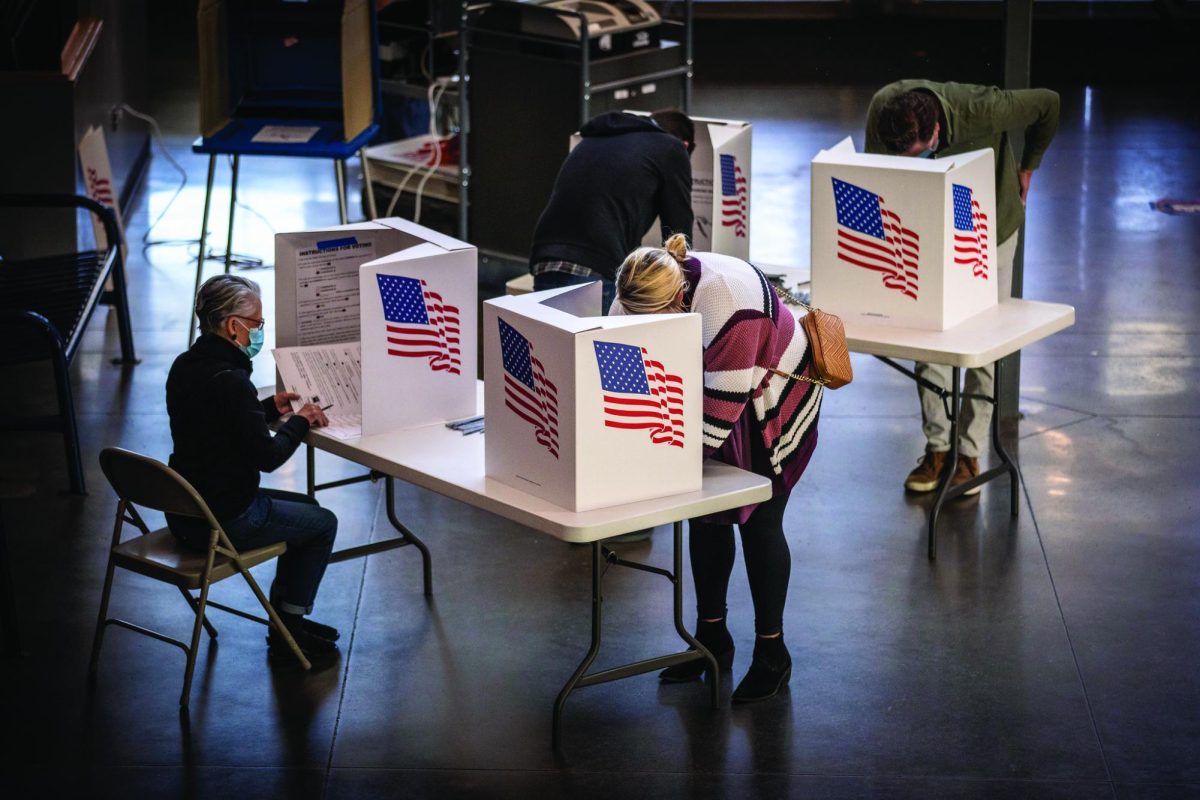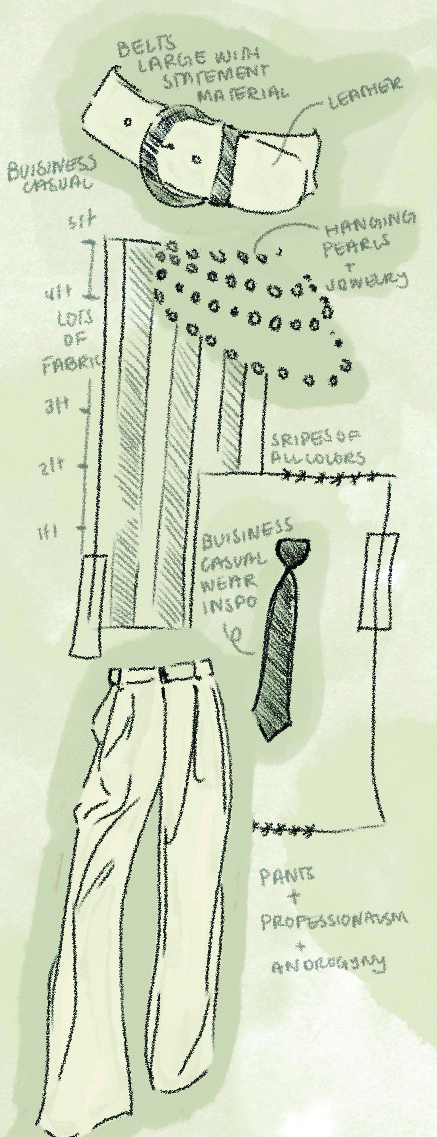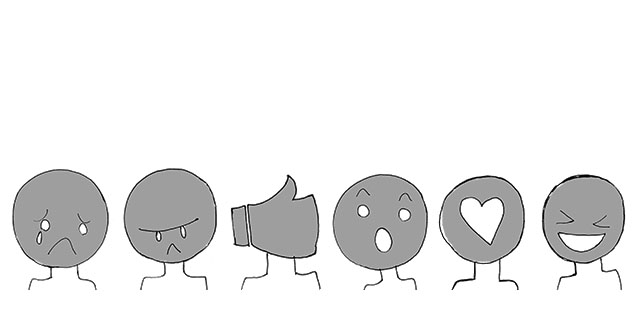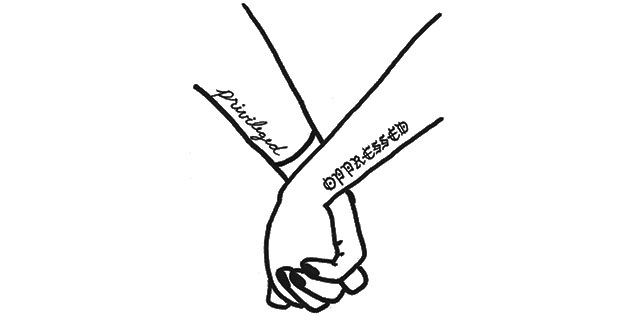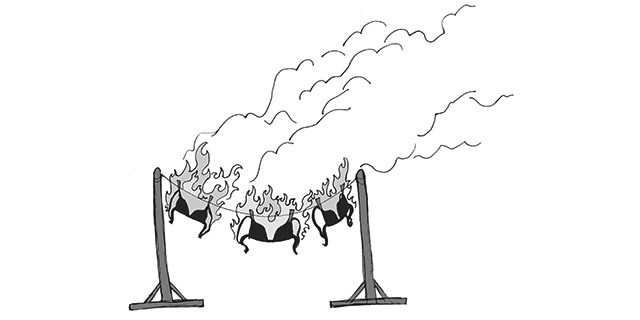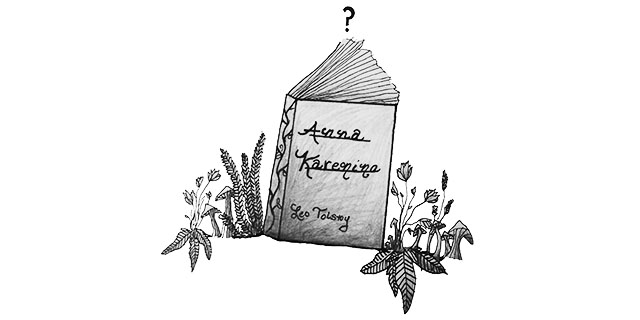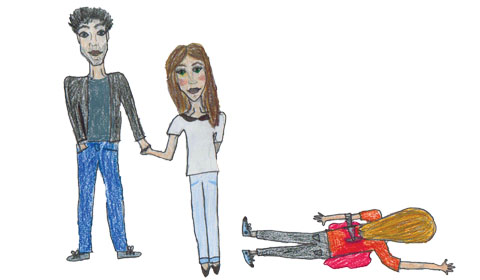
There are many qualities that distinguish boys from the so-called “fairer sex”—the clothes they wear, the activities they devote their time to, whether or not conditioner accompanies their shampoo routine. When discussing the fundamental differences between boys and girls, however, relationships between the two rarely come up. Because of this lack of discussion, coupled with modernity’s constraints on what society does or does not find acceptable, the definition of trust between genders can remain an amorphous and elusive concept that is hard to pinpoint. The television industry epitomizes this unclear definition and uses it to lure in audiences by crafting elaborate scandals; however, the trust that TV creates between characters does not align with the way relationships play out in reality.
So what role does trust play in a relationship between two male friends or two female friends, or between a male friend and female friend? Is the definition unrecognizably altered from one scenario to the next? According to the Merriam-Webster dictionary, the word “trust” is defined as “assured reliance on the character, ability, strength, or truth of someone or something; one in which confidence is placed.” Under this definition, trust allows for one’s friends to be his or her confidants and greatest partners in crime in this unspoken contract that a friend is someone who has won your utmost faith.
Alongside trust, however, waltzes potential betrayal. Today, lackluster television programs past their primes pump their series full of betrayals and rifts within friendships to lure their viewers back in with the promise of a scandal. Soap operas sprinkle affairs between the bride and the best man throughout their episodes like a cookie studded with chocolate chips, while shows directed toward teenage audiences often feature best friend betrayals as major plot points, just as shows like Pretty Little Liars and Gossip Girl do. Both soap operas and the majority of teenage dramas target a mostly female viewership. Shows created for men, however, rarely feature male characters stabbing their friends in the backs. Even Teen Wolf, another show pitched toward teens but that draws a large male audience, sells itself on the “bromance” between the two leading actors rather than a vicious contention between two girls posing as best friends.
The idea of a bromance itself touches upon a key difference between the friendships of men and the friendships of women; the television industry portrays a maintained friendship between boys to be an object of pride, but a maintained female friendship will end disastrously when ratings are down. The message that this pattern sends is that while boys can thoroughly trust their sidekicks, girls should be on the lookout for warning signs that their best friends are about to go on a rampage, stealing their boyfriends in the process. In the real world, this is much less commonplace than the illustrious world of television may make it seem, and, contrary to popular belief, boys are also capable of turning on their friends.
While trust seems to be a flimsy marketing tool that veils a character’s ability to see a friend’s dubious activity, the role it plays in real life is important because across the world, humans rely on their ability to trust their friends to hold strong as they look to them for support, solace, and company. In reality, boys are often more sensitive than their on-screen representatives, and not all girls have the tendency to turn on their friends in a flurry of drama. At its core, trust between a duo of male friends versus a couple of female friends has the same identity, emphasizing the bond two people are able to forge and maintain through a virtuous composition of confidence in one another.




